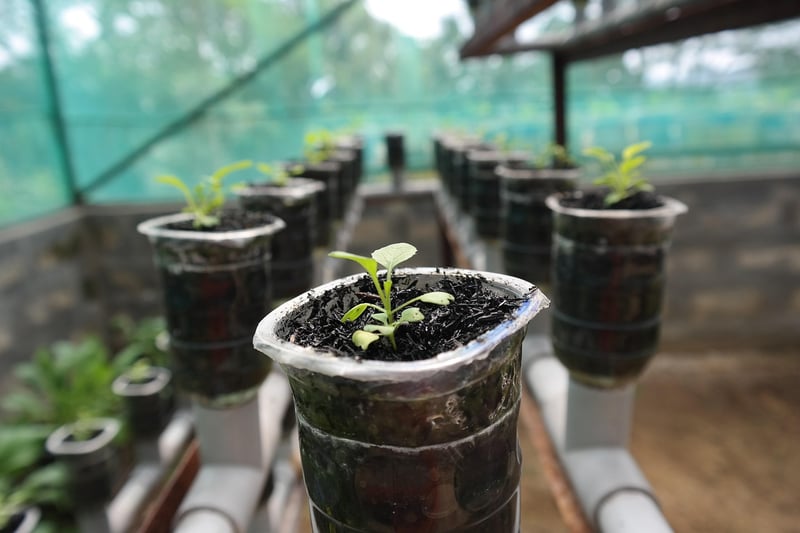Vertical Farming
The Future of Urban Agriculture: City Agriculture and Vertical Farming
As urban populations continue to rise, the need for sustainable food production within cities has become more pressing than ever. City agriculture, also known as urban farming, and vertical farming are innovative solutions that hold the key to feeding urban populations while minimizing the environmental impact of traditional agriculture.
City Agriculture
City agriculture involves growing crops and raising livestock within urban areas. This practice not only reduces transportation costs and greenhouse gas emissions associated with long-distance food transport but also provides fresh, locally grown produce to city residents.
Urban farms can take various forms, including community gardens, rooftop gardens, and hydroponic systems. These farms not only contribute to food security but also promote community engagement and education about sustainable food production.

Vertical Farming
Vertical farming takes city agriculture to new heights—literally. By utilizing vertical space in high-rise buildings, vertical farms can produce large quantities of food in a small footprint. These farms use technologies such as hydroponics, aeroponics, and LED lighting to optimize growing conditions and maximize yields.
Vertical farming is not only space-efficient but also water-efficient, as it uses significantly less water than traditional farming methods. Additionally, vertical farms are shielded from external environmental factors, allowing for year-round production regardless of weather conditions.

The Benefits of City Agriculture and Vertical Farming
- Reduced carbon footprint by minimizing food miles
- Increased access to fresh, healthy produce in urban areas
- Optimal use of space, especially in densely populated cities
- Year-round production and crop consistency
- Water-efficient growing methods
- Promotion of food security and community resilience
City agriculture and vertical farming are not just trends; they are essential components of a sustainable urban future. By embracing these innovative farming practices, cities can create a more resilient and environmentally friendly food system for generations to come.
Join the movement towards sustainable urban agriculture and be a part of reshaping the future of food production in our cities!
